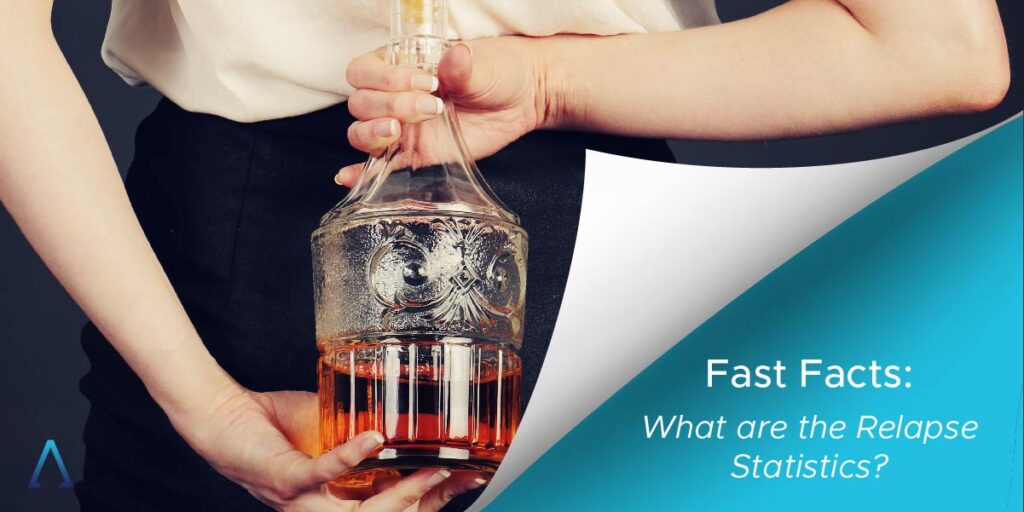Since addiction is a chronic brain disease, relapse is considered part of recovery. It does not mean that a person has failed; many people have success in long-term recovery after a relapse.
40-60% of people who have been treated for addiction relapse within a year. While people can relapse at any time, the chances of doing so decrease the more time you spend sober. This is because the brain has a remarkable ability to adapt and heal, and begins doing so when you remove substances. 60% of people remain substance-free after two years. The chances of relapsing after 5 are only 15%.
A study in the journal Addiction found that people who did not receive help for their substance use disorder were less likely to be sober at three years. Other factors that predicted relapse at three years were less self-efficacy, and reliance on avoidance coping. This is why recovery is not simply the absence of substances; it is the lifelong process of physical, emotional, and psychological healing from addiction.
Many addiction treatment centers offer a relapse prevention plan to help people transition back into their everyday lives with less risk of relapse. This may include setting people up with local AA or NA meetings, therapy, a meditation or exercise routine, and more. People in recovery are also encouraged to learn healthy ways of coping with stress without using substances.
Medication-assisted treatment (MAT)—the use of medications in combination with behavioral therapy—is sometimes used to help people get sober from certain substances. Medications like Suboxone and Vivitrol help reduce cravings and withdrawal symptoms, which lowers the chance of relapsing.
If you have relapsed, it is important not to keep it a secret. Shame and secrecy are recipes for further problems and more substance use. Relapse is nothing to be ashamed of. You can still get and stay sober.
If you are struggling with a substance use or mental health disorder, there is hope. TruHealing Centers offers high-quality treatment for addiction and mental health disorders in facilities across the country. We offer MAT to help you gradually get off substances, and comprehensive aftercare and relapse prevention plans. Call an admissions specialist at 410-593-0005.








